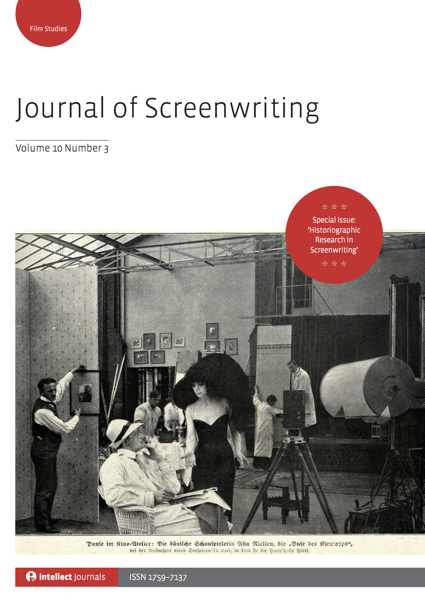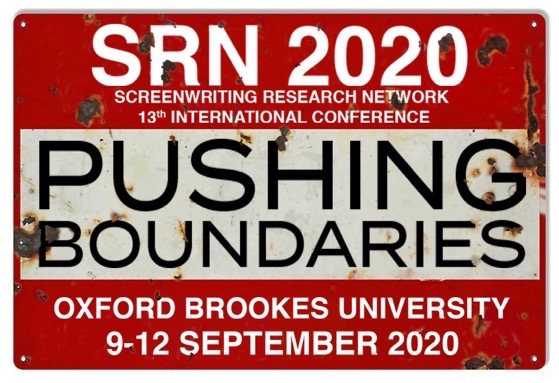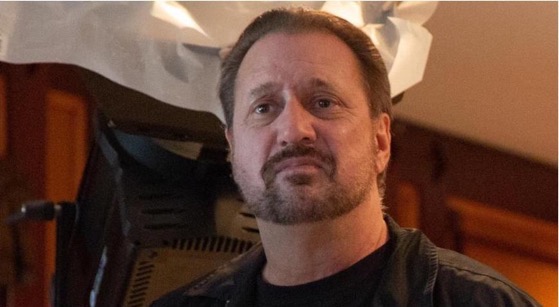Watch this entire presentation
Subscribe to Rosanne’s Channel and receive notice of each new video!
In honor of Halloween – and in service to my teaching philosophy —
“Words Matter. Writers Matter. Women Writers Matter.”
I presented this holiday lecture “When Women Write Horror” on Tuesday, October 29th, 2019. Researching the many, many women who have written horror stories – in novels, films and television – brought new names to my attention who I am excited to start reading. I hope you will be, too!
Transcript:
The best horror — and I’m gonna come to some examples as we travel through — is stuff that involves social commentary along with the scare because that’s the stuff that sticks with us. So I think Mary is very important. I made a point to mention I think it’s useful we think about women writing. Back in the day, it wasn’t acceptable for women to READ novels because it would rot their brains. So they certainly couldn’t write them. So you’ll notice when the book was first came out there was no author on the book. Nobody bothered to wonder how come there’s no writer there. It was because she could not admit that she had written it and then when it came so ridiculously famous and so profitable then she was able to say “well I’m cool enough that’s fine I’ll take the ding for doing this,” right? So I think it’s really important to think about what women had to go through just to be writers right?
* A portion of each sale from Amazon.com directly supports our blogs
** Many of these books may be available from your local library. Check it out!
† Available from the LA Public Library
Podcast: Play in new window | Download
Subscribe: RSS
![02 Women and Horror Writing from When Women Write Horror with Dr. Rosanne Welch [Video] (45 seconds)](https://rosannewelch.com/wp-content/uploads/2020/03/rmw-cpp-horror-02.jpeg)


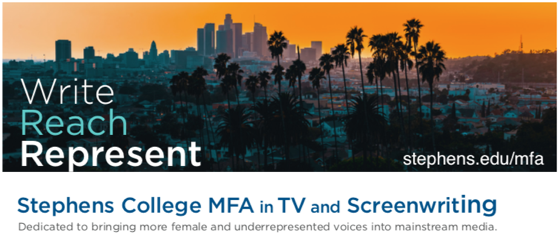


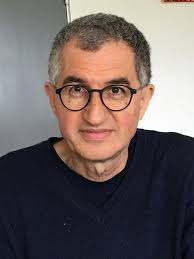
![01 Introduction from When Women Write Horror with Dr. Rosanne Welch [Video] (1 minute 18 seconds)](https://rosannewelch.com/wp-content/uploads/2020/03/rmw-cpp-horror-01.jpeg)
